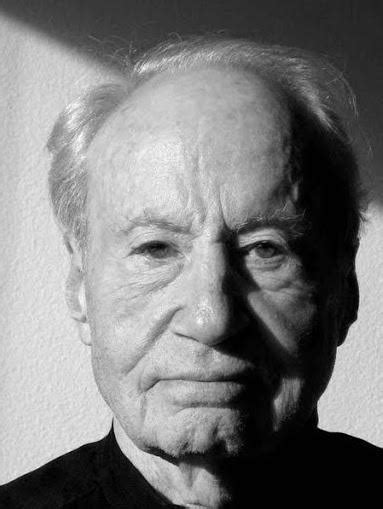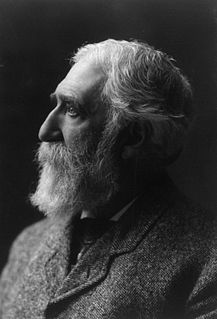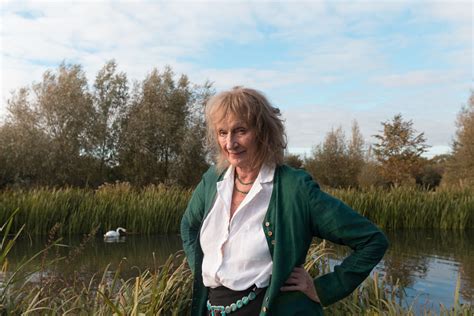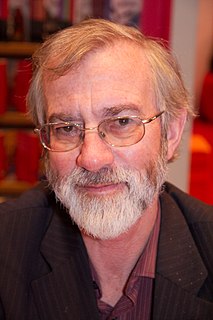A Quote by Stuart Sutherland
Consciousness is a fascinating but elusive phenomenon: it is impossible to specify what it is, what it does, or why it evolved. Nothing worth reading has been written on it.
Related Quotes
...one of hallmarks of a creative person is the ability to tolerate ambiguity, dissonance, inconsistency, things out of place. But one of the rules of a well-run corporation is that surprise is to be minimized. Yet if this rule were applied to the creative process, nothing worth reading would get written, nothing worth seeing would get painted, nothing worth living with and using would ever get designed.
I have been merely oppressed by the weariness and tedium and vanity of things lately: nothing stirs me, nothing seems worth doing or worth having done: the only thing that I strongly feel worth while would be to murder as many people as possible so as to diminish the amount of consciousness in the world. These times have to be lived through: there is nothing to be done with them.
Translated literature can be fascinating. There's something so intriguing about reading the text second hand - a piece of prose that has already been through an extra filter, another consciousness, in the guise of the translator. Some of my favorite writers who have written in English were doing so without English being their first language, so there's a sense of distance or of distortion there, too. Conrad. Nabokov. These writers were employing English in interesting ways.
The truth is . . . that the great artists of the world are never puritans, and seldom ever ordinarily respectable. No virtuous man - that is, virtuous in the YMCA sense - has ever painted a picture worth looking at, or written a symphony worth hearing, or a book worth reading, and it is highly improbable that the thing has ever been done by a virtuous woman.
I am a child of the Enlightenment. I think irrational belief is a dangerous phenomenon, and I try to consciously avoid irrational belief. On the other hand, I certainly recognize that it's a major phenomenon for people in general, and you can understand why it would be. It does, apparently, provide personal sustenance, but also bonds of association and solidarity and a means for expressing elements of one's personality that are often very valuable elements. To many people it does that. In my view, there's nothing wrong with that.
I've always been an outsider. I grew up in an isolated house surrounded by three moats. There was no money. I left school early. It was a world of its own. I became fascinated by consciousness because there was nothing much to do except mooch about and think. I had the occasional mystical experience. I studied consciousness, reading all the books I could get.
I began to think that the finest modern writer was the screen actor. This was in the spirit of the Fifties where a very antiliterary literature was emerging - Kenneth Patchen and others. I kind of believed what Nietzsche said, that nothing not written in your blood is worth reading; it's just more pollution of the airwaves.
To be and to be creative are synonymous. It is impossible to be and not to be creative. But that impossible thing has happened, that ugly phenomenon has happened, because all your creative sources have been plugged, blocked, destroyed, and your whole energy has been forced into some activity that the society thinks is going to pay.






































